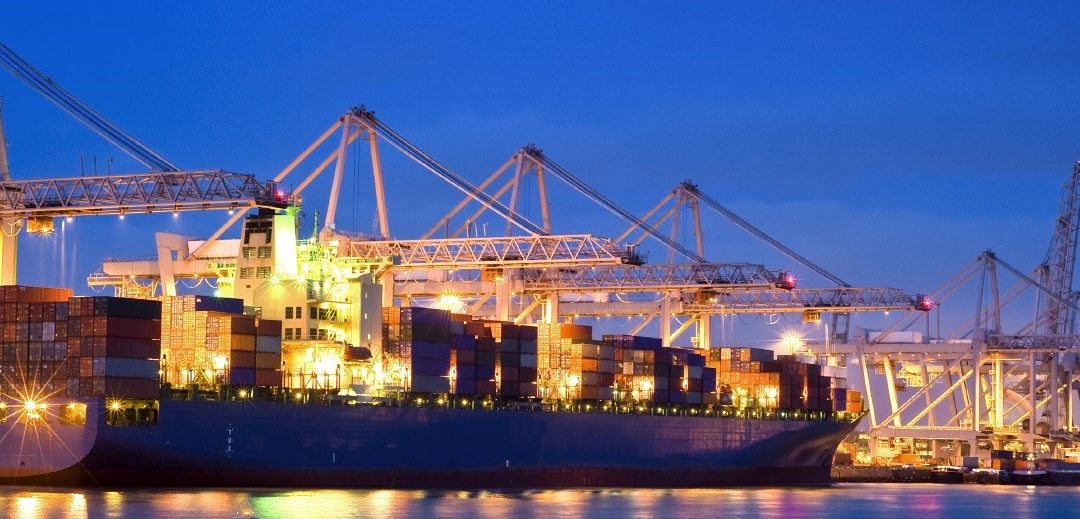Pauline Davies, Fee Langstone, New Zealand
Ref: Glencore Grain BV v The Ship Lancelot V [2015] NZHC 1874, 10 August 2015, Davidson J
At the time this article was being written, the Panama-registered, Marshall Islands-owned and Greek-managed Handymax ship Lancelot V has been under arrest at the Port of Tauranga, New Zealand, for 72 days. She was arrested on 22 June 2015 by her charterer, after problems with the ship’s cranes significantly delayed the discharge of a cargo of Bulgarian corn.
At the time of the arrest the Lancelot V carried a crew of 19 – 16 from the Ukraine, one Russian and two Filipino engineers. Most of them were on contracts that entitled them to salaries well below the minimum rates set by the International Transport Workers’ Federation, with some crew being paid as little as US $20 per day. Despite that, none had been paid since the end of April, the owners saying that the Greek financial crisis was preventing funds from being remitted from Greece and preventing security from being posted.
The crew lodged a caveat against the release of the vessel from arrest, were granted leave to intervene in the proceeding, and filed their own claim against the vessel. At the same time they applied for an order requiring the Registrar of the High Court (the New Zealand equivalent of the Admiralty Marshall) to pay them both their pre-arrest arrears of wages, plus wages for the period after the arrest. The crew, without exception, customarily remitted all or the majority of their wages home to their families, and were concerned at the hardship being experienced by their families caused by the cessation of wage payments.
Recognising the need to assist, the parties initially consented to an interim order directing the Registrar to distribute NZ $35,000 amongst the crew. This sum was to be sourced from funds provided by the arresting charterer and treated as a cost of arrest ie reimbursable to the arresting party in priority to other claims. The Registrar duly made the payment and then agreed to pay post-arrest wages either at ITF minimum rates or contract rates, whichever was higher, all payments again to be treated as costs of arrest.
The question of whether the Registrar should be directed to pay pre-arrest wages came back on for hearing on 3 August and an interim judgment was issued on 10 August.
It was argued for the crew that the Court has jurisdiction under the New Zealand Admiralty Act 1974 to make the orders sought; and that while the jurisdiction has in the past been exercised only in the context of a sale pendent lite there is no authority that has expressly limited it in that way. Further, historically, the Admiralty courts have adopted a benevolent and protective attitude towards seaman, the development of the maritime lien for wages being a good example of this. It was said that the primary concern should be for the safety and welfare of seafarers when a ship is under arrest, and that guidelines should be developed which take humanitarian principles into account. In this case, such principles should recognise the harm to seafarers’ families caused by the non-payment of wages.
Due to time constraints, the Court elected to issue an interim ruling on the point, with a final ruling to be issued shortly. The Court held that the payment of pre-arrest wages is a matter within the Registrar’s discretion, and that “should the issue of arrears be affecting the crew so as to alter their attitude to performance of their duties, the Registrar is…entirely within his rights to pay the arrears of wages”, to be treated as costs of arrest.
The Court concluded;
As such I do not finally determine whether on humanitarian grounds alone the pre-arrest wages should be paid. There are compelling grounds for such direction and I will set that out more fully after 3 September 2015. Those humanitarian grounds seem to me to coalesce with the Registrar’s undisputed role. If the crew are unsettled so as to jeopardise the preservation of the vessel with a competent and working crew then he should pay the wages…
This apparently progressive approach to seafarers’ rights is hopefully a solid foretaste of things to come.

